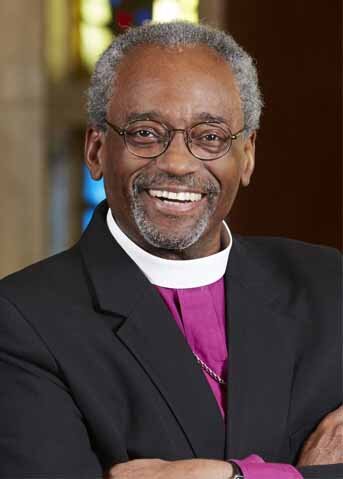Cain, Abel and the age-old urban-rural conflict
/Cain and Abel, 1564. Woodcut, from Die Gantze Bibel, printed in Germany by Christoph Froschauer. Courtesy of the Digital Image Archive, Pitts Theology Library, Emory University, Atlanta, Georgia.
In this post, Fr. Ken takes us on an exploration of the story of Cain and Abel. He reflects on how it resonates with Sumerian mythology the farmer-shepherd dichotomy, and the tension between city and country.
A little refresher course before reading: Cain, the firstborn son of the created Adam and Eve, grew up and became a farmer and his brother Abel, the second-born, became a shepherd. When the brothers made sacrifices of their ‘first fruits’ to God, God favored Abel’s over Cain’s. Cain didn’t take well to this, killed his brother Abel, lied about the murder to God, and as a result was cursed and ‘marked’ for life. His punishment was that of a fugitive and wanderer. He received a mark from God, commonly referred to as the ‘Mark of Cain’, representing God’s promise to protect Cain from being murdered (Gen. 4:1–16).
By the Rev. Ken McClure
The long arch of the biblical narrative takes us through many facets of the relationship between humanity and God, but when we consider where the story begins and where the story ends, we see that the tension of that relationship consistently manifests as a tension between the country and the city.
In the beginning paradise is a garden; there is no city. The city is born when Cain sets off into the world bearing his mark: he has a son and founds a city in his name. What are we to make of this other than to conclude an association between the city and Sin by virtue of their shared founder, Cain.
What's fascinating about the story of Cain and Abel is that originates from the city, or more specifically from the Sumerian culture: the culture of the cities Abram inhabited in his father's house before forever forsaking the city for a pastoral life.
In the Sumerian story, the goddess Inanna is made to choose a husband between the farmer Enkimdu and the shepherd Dumuzi. Now, while our biblical tradition may condition us to expect that Inanna chose Dumuzi, she chose Enkimdu the farmer. Dumuzi the shepherd, in a fit of indignation listed all the ways that he stood as equal to the farmer, mocking Inanna for the vapidity of her choice. This aroused the passion of the goddess and she entered into a passionate romance with the shepherd, forsaking her initial choice. When Enkimdu was spotted by Dumuzi, he approached him aggressively prepared to engage, and once again our biblical conditioning has us assuming that blood was shed but it wasn't. Enkimdu supplicates himself and grants access to his pasturage for Dumuzi's flocks, demonstrating that the foundation of the city was built upon a compact between pastoralists and tillers.
The biblical narrative assimilates this story, but views it through the realities of cosmopolitan domination. Both shepherd and farmer wish to please God, but the shepherd's offering is preferred, causing the farmer to rise up and kill him. The farmer suppresses his opponent and founds a city built upon his own dynasty. It is a pastoral perspective on the cosmopolitan foundation myth.
We see as the story advances through the line of Cain, that by the fifth generation there are not only the developed features of civilization (music/art, technological advancements) but also a prototype of what could be considered an imperial ethos in the person of Lamech, who gloats about his embrace of violence and connects it to that of his ancestor Cain (Gen. 4.23-24).
When we view this narrative through our own lens, we must determine what constitutes the city? In the ancient world, cities were states unto themselves. So for our context, the city is the state: both the national reality of our own state, but also the very concept of the state.
The city/state is the place where human power is centralized, and as we see in the narrative, it unlocks both the creative and destructive potential of the human being. It is not our ability to dominate or innovate that God values, but our ability to care for what God has made, including each other.
We see the mark of Cain on the actions and achievements of his dynasty. In an effort to fill the void left by his exile from the life he knew, Cain builds a wall, the distinguishing mark of the city. Within the confines of this barrier, he invests his energy in creating a sanctuary from the isolation from God he experienced bearing his mark, the mark of Sin, in the world.
While the biblical perspective on the nature and use of the city evolves over the course of the biblical story, leading eventually to the new creation being centered in the perfected city, we must never forget that the perfection of the city only occurs when it is re-founded not by the farmer who bears the mark of Sin, but by The Shepherd who washes it clean. Until he does, the city stands as the place where the path of Cain is trod most freely.

















